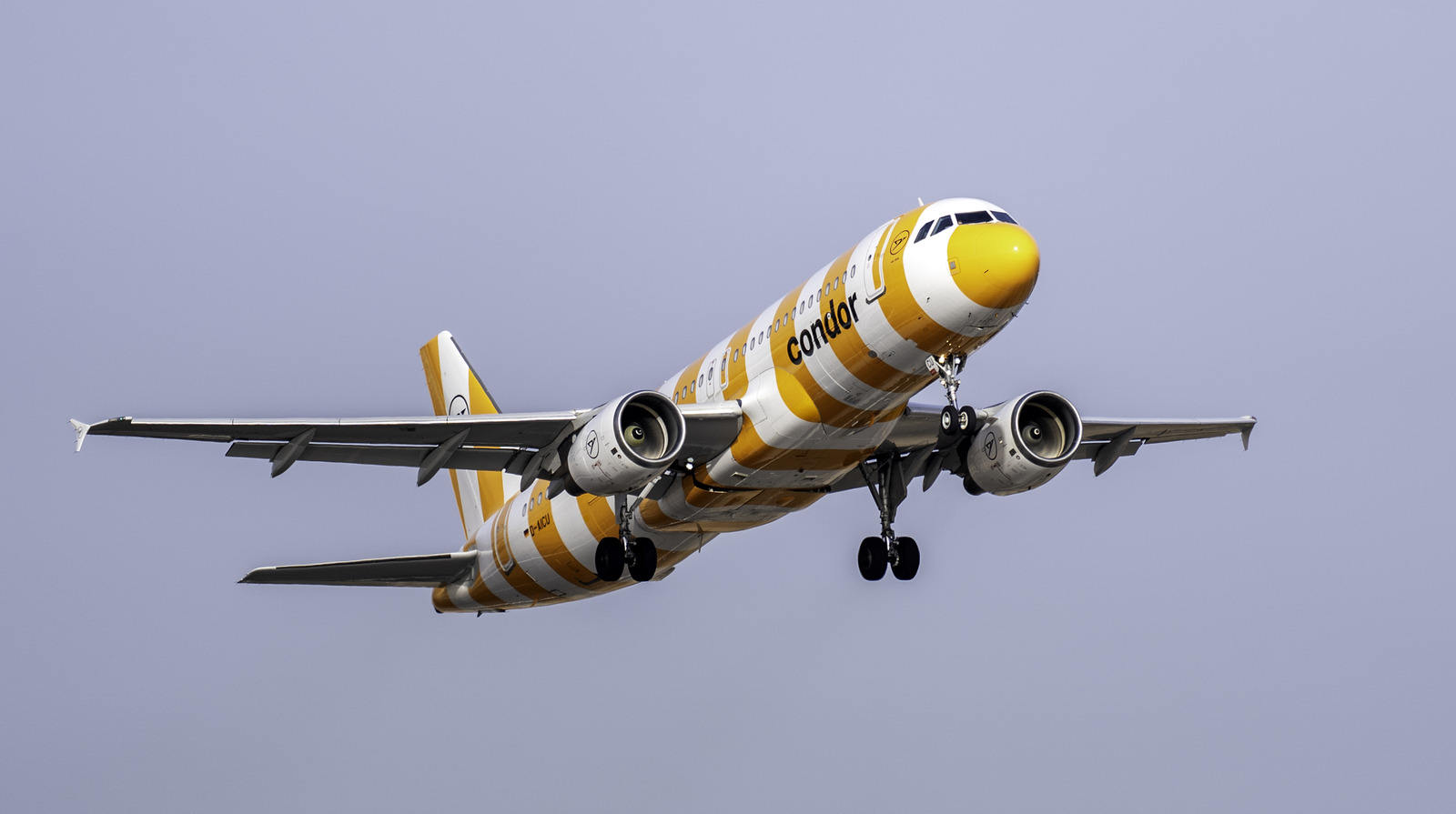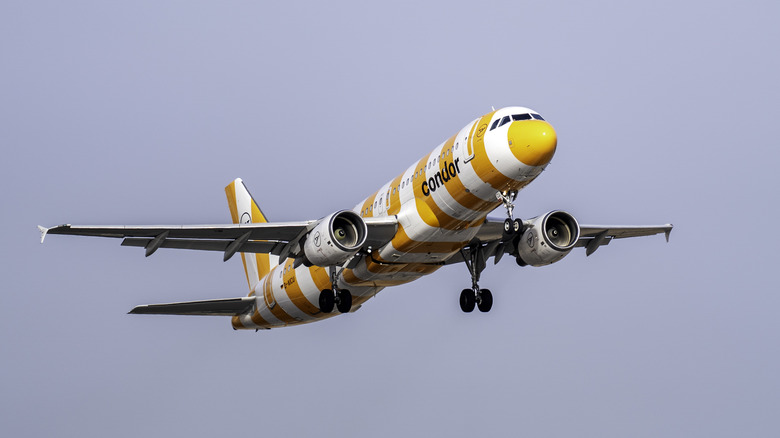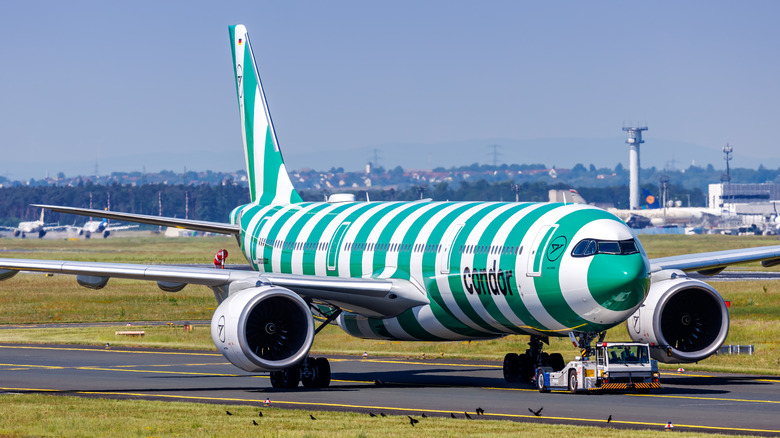The passengers on Condor Flight 1513 earlier this month were mere seconds from touching down before their trip was suddenly extended by eight hours. The German airline’s Airbus A321 was on final approach to Munich Airport with its landing gear down when the flight crew was denied permission to land. The flight had missed the last possible landing time after a midnight curfew by just ten seconds and was forced to land at a diversion airport 233 miles away.
Admittedly, the debacle was sparked by the Condor flight running extremely late due to a prior delay with the plane, according to One Mile At A Time. Departure from Palma de Mallorca Airport in Spain was originally scheduled for 8:35 p.m. but didn’t take off until 10:52 p.m., 12 minutes after its planned arrival. The flight received a 30-minute extension to allow for a 12:30 a.m. landing but fell just seconds short.
Hahn Airport, 75 miles outside of Frankfurt, was the closest diversion without a curfew. Condor Flight 1513 finally landed at 1:13 a.m., where the passengers endured a lengthy deplaning process. By 3:00 a.m., they were loaded onto a bus for a 90-minute trip to Frankfurt Airport. Condor then booked the passengers on a 6:50 a.m. flight to Munich.
Condor should have treated its passengers better
The passengers of Condor Flight 1513 reached Bavaria’s capital at 8:00 a.m. after traveling for the entire night. Surprisingly, Condor was able to get the diverted flight’s Airbus A321 to Munich by 5:47 a.m., over two hours before the passengers made it there. While one can attribute a portion of the blame to German aviation regulations, Condor’s operations didn’t help itself in this scenario. With such a tight window to complete the flight, the airline should have just cancelled the service and put the passengers up in a hotel overnight.
Poor airline scheduling isn’t anything new. Southwest Airlines still holds the infamous crown in that category for its complete meltdown in December 2022. The Dallas-based carrier cancelled around 16,900 flights over the holiday season. The U.S. Department of Transportation levied a record $140 million fine against Southwest in the meltdown’s aftermath. The penalty was in addition to nearly $600 million in refunds and reimbursements. The nationwide incident led the Biden administration to reform airline passenger protection laws, making refunds for cancellations and severe delays automatic.




